University is an exciting time where you’ll learn a wide range of skills to prepare you for your career. These skills can be categorised under hard skills and soft skills.
Hard skills, also known as technical skills, refers to the knowledge and abilities you need for a specific job (e.g. coding skills for a software developer). Soft skills are not specific to one role or industry but can be transferred to any job (e.g. communication skills).
Soft skills are often more valued by employers than hard skills because people with good soft skills are generally more productive, work well in a team and can deal with challenges.
In this blog, we will explain the top soft skills you will learn at university and how you can develop them.

The top soft skills
1. Communication
Communication skills are essential for any job. You need to be able to convey your ideas and messages to other people in a clear and compelling way. Communication skills include active listening, verbal and non-verbal communication, writing and presenting.
At university, you can develop these skills by:
- Actively listening in lectures
Write or type up notes and ask your teachers questions.
- Writing essays
Use the list of journal articles provided and type up your arguments in a way that answers the essay questions directly and persuasively. Access student support services to learn how to write at an academic level.
- Working on group projects
Be concise when explaining your ideas to your group. Listen to their suggestions, and together decide who completes which task. Communication must occur throughout the entire project, not just at the beginning.
- Presenting
Presenting in front of people isn’t easy, but the more you practise, the better you will get. It’s not only about what you present but how you present – the tone of your voice, making eye contact with the audience, confident body language etc.
- Meeting students from different countries
You will meet people from all around the world. Listen to their perspectives and ideas. This will prepare you for work in culturally diverse organisations.
2. Teamwork
In any job, you will work in a team. This involves collaborating with people who all have different ideas and ways of working so it’s important to listen, be adaptive and see things from their point of view before arriving at a decision.
At university, you can develop these skills through:
- Group projects and presentations
It’s important that everyone can share their ideas. Leverage each other’s strengths to deliver a great project on time.
- Student clubs
Many universities will have a wide range of student clubs that you can join and work with students who have similar goals and interests to you.
- Running on-campus events
You can join a team to organise big events such as a movie night, trivia night or a mentoring program.
- Sports competitions
Being on a sports team is a great way to learn how to work together for a common goal.
- Volunteering in community programs or charities
You can volunteer with a team at programs that better people’s lives.
3. Problem-solving
Every business will face problems at some point. Employers value people who can come up with solutions as well as predict future challenges and act to prevent them.
At university, you will also face problems. A team member could be sick and be unable to present a project with you. You may miss an assignment deadline due to an online system failure. You could have 3 projects due at the same time. You could be struggling with writing an essay.
What are the solutions?
In case a team member gets sick, learn the key points from the whole presentation in case you need to take their place. If you missed a deadline because of a system error, go see your teacher to explain what happened and ask if you can still submit your assignment.
If you have 3 projects due at the same time, use a calendar and write down tasks and deadlines. If you’re struggling with writing an essay, seek help from the university’s student support team or a classmate.
At university, you’ll learn how to solve issues more confidently and promptly; training you to be resilient in your future job.
4. Time management
In most jobs, you will juggle several tasks at one time that need to be delivered by a specific date, so time management is an essential soft skill. You need to be able to prioritise, be disciplined and avoid distractions.
In one week at university, you could have lectures, assignments due, shifts at your part-time job, extracurricular activities such as sports, meeting up with friends as well as rest time.
To be productive and reduce stress, write a to-do list in order of priority, set reminders and block out time for specific tasks. You could download an app such as Todoist which highlights your most important tasks for the day and tracks your study goals.
5. Critical thinking
Critical thinking means looking at things in a rational way. At university, whether it’s an essay question or assignment task, approach the problem from different angles, evaluate potential outcomes and develop solutions. Critical thinkers are valued by businesses as they can logically break down problems and find new solutions.
In class, your teachers may ask you to give your opinion. Look at different perspectives before giving an answer. If you don’t agree with something, that’s fine. Explain why and present a better argument.
6. Adaptability
Things can change quickly in any job, so you will need to adjust to changing situations, learn new skills and get new tools to adapt.
If you’re an international student, you’re already learning to adapt to a new country and culture, a different learning environment at university, living on your own or with other students, paying bills or having a part-time job. Ask for help from support services if you’re struggling with any changes or need advice on how to better manage them.

7. Creativity
Creativity means developing new ideas that sets a business apart from their competitors and resolving problems in a different way. At university you’ll need to come up with creative ideas for your project assignments. Teachers will be looking at answers that are ‘outside-the-box’ (i.e. different and unique).
Try not to answer the problem in the same way as everybody else. Be imaginative, research online for inspiration and experiment with different ideas.
8. Ability to take constructive criticism
Constructive criticism is when someone offers suggestions on how you can improve. At university, your lecturers will give you constructive criticism on how to improve your academic results or your classmates may comment on your ideas or the way you worked on a team project.
Managers want their employees to be able to listen to constructive criticism and use it to improve their performance. Try not to view criticism as negative but use it to improve your academic results and soft skills.
9. Conflict management
People have different opinions and ways of working so conflict can occur. Conflict management is the ability to address disagreements in a constructive manner.
There may be times when your team disagrees with how the project should run, blame each other when it’s stressful or receive poor results. To manage conflict, actively listen to each person, be empathetic and encourage the team to focus on solutions not the problem.
At the University of Adelaide College, we want to make sure that you have the right support to make the most of your study experience with us. Our student services team are here to offer you any career or academic guidance you may need.

